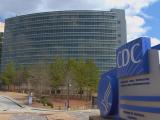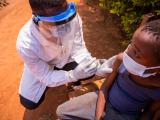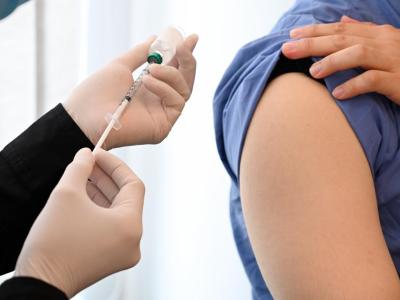With the 2016 presidential campaign in its final weeks, Trust for America's Health (TFAH) today released a blueprint to help guide the next White House administration, covering a wide range of health policy priorities that include infectious disease topics such as public health preparedness and antimicrobial resistance.
TFAH, a nonprofit health advocacy group, unveiled its 185-page report at a media briefing at the National Press Club in Washington, DC. Its recommendations focus on evidence-based strategies for improving health and cutting healthcare costs. Richard Hamburg, the group's interim chief executive officer and president, said a news release today, "It's time for a sea change from our current sick care system to a true health system, where we focus on preventing disease and improving quality of life."
"In the Blueprint, we highlight high-impact policies that could help spare millions of Americans from preventable health problems and save billions in avoidable healthcare costs—if we make them a priority," he said.
Emergency fund needed for surge response
The report highlighted several major health issues, such as prescription painkiller abuse, chronic health conditions such as diabetes, and gaps between the health system and social services. One of the top infectious disease action items TFAH highlighted is the potential to save $120 million per year on preventable infectious diseases by implementing emergency plans and having a secure funding stream.
TFAH's emergency funding priority comes at a time when lawmakers struggled for many months to approve $1.1 billion in funding to address the Zika virus outbreak. According to the report, the country's public health system needs to be modernized to respond to new threats and emergencies. "Too often the country has been caught off guard when a new crisis emerges, diverting attention and resources," the group said.
To streamline response to outbreaks and other health emergencies, TFAH recommends greater support for basic public health capabilities at the local level and a standing Public Health Emergency Fund to provide instant surge funding. The report also calls for improved leadership at the federal level—such as the appointment of a apecial assistant to the president for health security. It also pushes for technology and surveillance system upgrades.
Antimicrobial resistance among urgent threats
Today's report also singled out seven health problems that require urgent actions, one of which is rising levels of antimicrobial resistance. Among its policy recommendations, TFAH urged full funding and implementation of the Centers for Disease Control and Prevention's Antibiotic Resistance Solutions Initiative, the plan for rolling out the federal National Action Plan for Combatting Antibiotic Resistant Bacteria.
The Obama Administration released that plan—a detailed 5-year strategy for addressing the threat—in March 2015.
The group's other recommendations for addressing antimicrobial resistance include steps such as developing incentives for the development of new antibiotics and diagnostic tests, reducing antibiotic use in agriculture, implementing antibiotic stewardship programs, strengthening surveillance for antibiotic resistant bacteria, and boosting vaccination rates in children.
See also:
Oct 19 TFAH report
Oct 19 TFAH press release

























